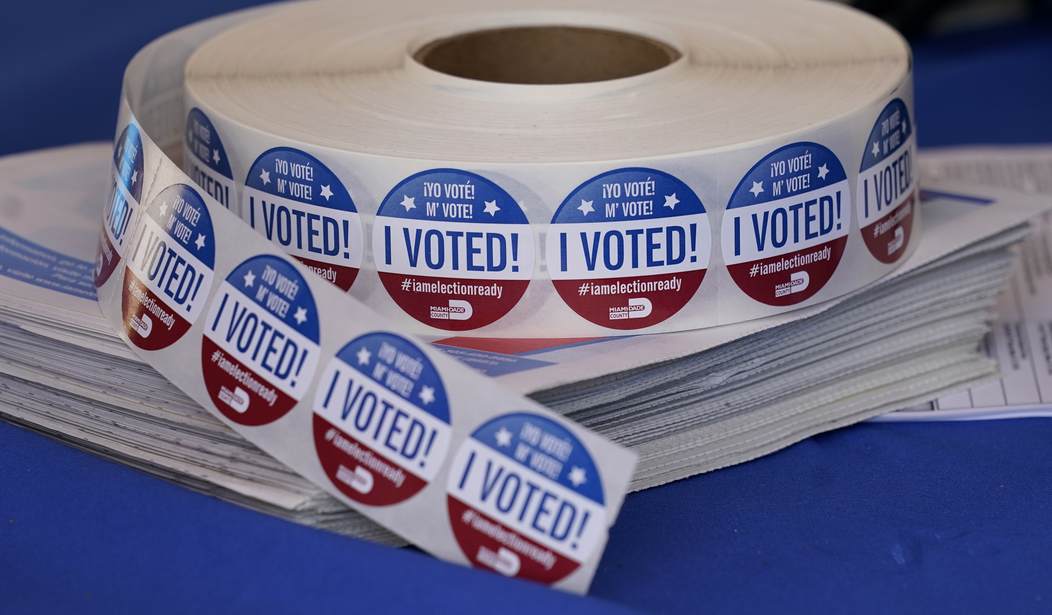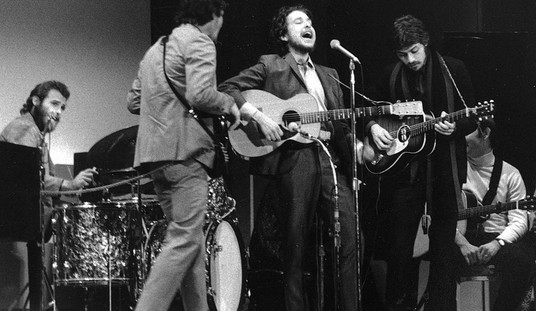Much of the recent attention on election integrity has been focused on Arizona and the partisan battle over the pending audit of ballots cast during the 2020 election in Maricopa County. Other related election topics continue to receive media attention, too, including the passage of new state election laws in Georgia, Texas, and elsewhere. Behind those headlines, an independent team led by physicist and Mensa member John Droz, Jr., has compiled a detailed set of recommendations on improving election integrity in all states. The report has just been posted here. This article briefly summarizes the report and its findings. [Note: I was one of the several contributors to the report.]
Here is the purpose of the report from the Executive Summary:
The authors of this Report prepared it from the perspective of non-partisan scientists and proudly patriotic American citizens. Both the Right and Left have resolutely stuck to their lists of hard-line election demands. All that has resulted in is an impasse. We are taking a moderate approach, e.g., by extracting thoughtful election ideas from sources on both sides of the political spectrum.
Some obvious questions conscientious citizens would have are: 1) what transpired in 2020? 2) how did we allow this situation to get so bad? and 3) what should be done about it now? The answer to question #1 is still unfolding, but we’ll give readers a solid understanding. We will briefly answer question #2. Most of the focus of this Report is about going forward: our recommendations for addressing US election integrity — and we promise a comprehensive answer, with some fresh, new, creative ideas.
The reason why election integrity is important:
Why does election integrity matter? Here are two views, from different political spectrums: here and here. Our perspective is that if American citizens become untethered from their government representatives, then the entire basis of our democratic society (a republic) is undermined. If we allow our foundation to be eroded, there is little else that matters — as we are then relegated to erecting an edifice on a footing of sand. No matter how impressive that structure appears to be, it will not stand the test of time.
Here is how the report is structured:
Part 1. What Happened in the 2020 Elections?
Part 2. Why Has Election Integrity Deteriorated This Much?
Part 3. Recommendations — Where the Rubber Meets the Road
Part 4. Post-Election Audits
Part 5. Going Forward — HR-2/S-2, et cetera
Part 6. Conclusions
While the report itself is comprehensive, the appendices provide a wealth of background information that informed the body of the report, including links to over thirty pre-2020 election integrity reports (Appendix A), links to eight previous studies completed by Droz’s team plus fifteen other reports/studies (Appendix B), links to thirty organizations across the US that are involved in election integrity (Appendix C), an example of mainstream media misinformation on election integrity (Appendix D), links to thirteen separate critiques of HR1/SR1 (Appendix E), fourteen sample Red state election regulations (Appendix F), and eight sample Blue state absentee ballot regulations (Appendix G), fourteen recommended boilerplate election regulations (Appendix H), a miscellaneous collection of twelve post-2020 election integrity ideas going forward (Appendix I), an election ballot flowchart (Appendix J), and a presidential election flowchart (Appendix K).
Here are thirty of the recommendations from the report that were separately synopsized for easy understanding:
Election laws and regulations may not be changed within 180 days prior to that election.
Primary elections must be closed.
All votes, regardless of voting method, shall be held to equal standards.
Every state would set up three-week advance voting, at convenient locations in every precinct.
Absentee voting would be allowed only in specialized circumstances.
Drop Boxes would be prohibited.
It would be illegal to do ballot harvesting.
It would be illegal for any state, county or precinct to accept third-party election-related funds.
Election Day would be a national holiday.
All absentee ballots must be received by Election Day.
Provide voter assistance where needed.
Some type of legal ID would be required when voting.
It would be illegal to have any voting machine (or connected server) accessible from the Internet.
Election Day voting would end at 5 PM.
All absentee and early-voting ballots would be tabulated, and reported, first.
Election observers are allowed complete access to the election process.
Fixing deficient ballots (or mail-in envelopes) is not allowed.
All Counties would be required to report their election results in a standardized format (e.g., Excel).
Sample forensic audits should be automatic.
Chain of custody must be maintained for all ballots for at least 22 months.
Negative vote tabulations (e.g., Edison) are prohibited without detailed transparent supporting data.
All eligible US citizens will be automatically registered to vote.
Every state is required to annually update their election rolls.
Rules prohibiting non-citizens from voting are tightened.
A national 800 number and website is setup for citizens to report possible improper election actions.
Uniform requirements for state vote certification.
State legislatures have legal standing to file election-related lawsuits.
Citizens have legal standing to file election-related lawsuits.
State recall rules must be consistent with state election rules.
An equally-weighted bi-partisan Federal commission is created in 2021 to research and issue a public report on the voting rules and regulations of European Countries, Canada, Mexico and Australia.
Conclusion. The above recommendations will allow for maximum participation in elections by authorized voters (US citizens) while ensuring integrity of the election process and guaranteeing equal protection for all Americans under the law per the 14th Amendment. This report should be disseminated to and read by all Americans, and elected state and federal officials should be strongly encouraged to consider the recommendations in future changes to election laws going forward.
The end.














